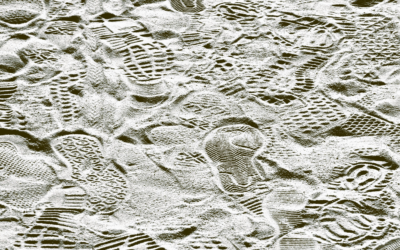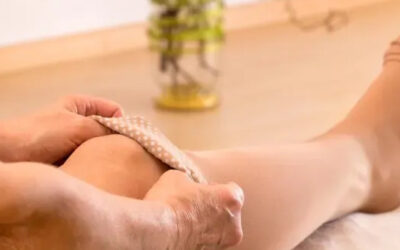Vascular wounds, particularly those associated with surgical procedures are at a high risk of infection due to their exposure and the nature of the vascular system.
Naturally, the vascular system is vast and spreads to a wide network of the body. When one part is affected then it can easily spread to the rest of the body. This is especially true with improper treatment and management practices post infection.
Preventing infections in these wounds is crucial for your recovery and overall health outcomes. So, what can you do to prevent infections and reinfections emanating from vascular complications?
Below are a few practical and evidence based strategies to prevent infections in vascular wounds;
Maintain Rigorous Skin Hygiene
Your skin hygiene is the first line of defense against infections. Before and after any vascular procedure, it is essential to clean the skin thoroughly. This can be done using antiseptic solutions and ensuring that the area around the wound is kept clean and dry.
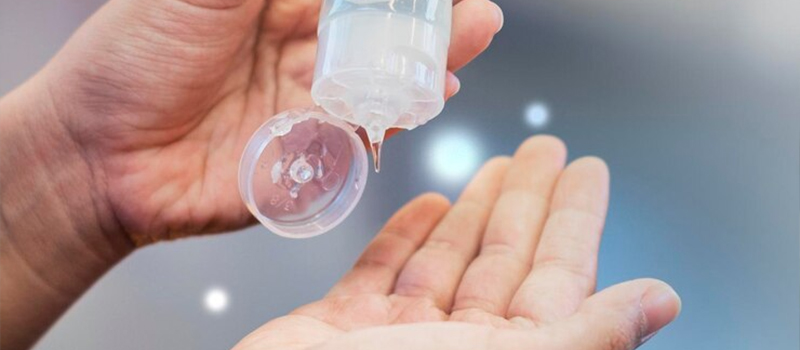
In addition, regular hygiene will help reduce the chances of an infection making its way to the affected region. As a pre-emptive measure, you can consult your vascular experts to learn more on appropriate skin and body hygiene practices.
Use Prophylactic Antibiotics
The administration of prophylactic antibiotics before surgery can significantly reduce the risk of postoperative infections.
It’s important to follow the prescribed antibiotic regimen before and after the procedure to ensure the best protection against potential pathogens.
Some antibiotics may prove more harmful than helpful when it comes to vascular wound recovery. Ensure you fully understand the instructions and gather further guidance from the vascular specialist.
Implement Negative Pressure Wound Therapy
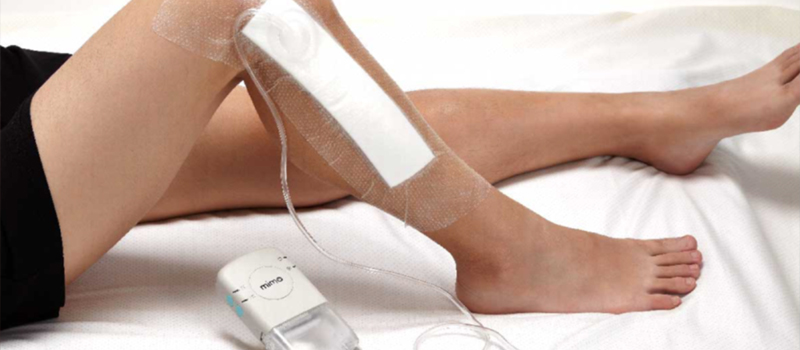
NPWT entails the usage of a vacuum dressing to aid the healing process in acute or even chronic wounds.
This method has been shown to be effective in preventing postoperative surgical site infections in vascular surgery, particularly in abdominal aortic aneurysms or infrainguinal arterial surgery.
Careful Incision Management
After surgery, proper care of the incision site is vital. This includes regular monitoring for signs of infection, such as redness, swelling or discharge. What may appear as a minor inconvenience could actually be the root cause of a serious matter.
Follow all instructions for dressing changes and wound care provided by your healthcare provider.
Monitor Blood Glucose Levels
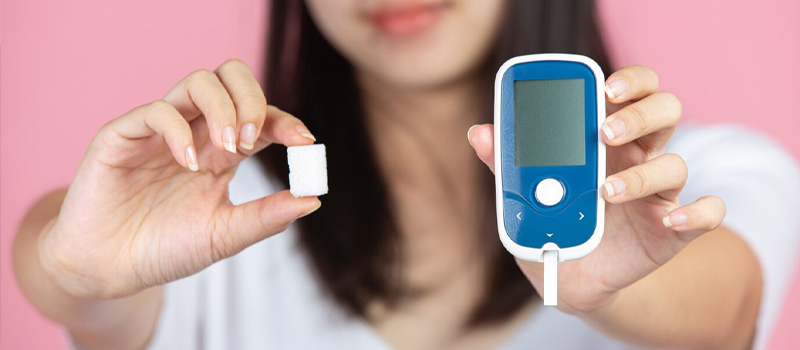
For people living with diabetes and those at risk, maintaining glycemic control is important. High blood sugar levels can impair the immune system’s ability to fight off infections, so keeping blood glucose levels in check is a key preventive measure.
Consider Gentamicin Collagen Implants
In centers with a high risk of surgical site infections, the use of gentamicin containing collagen implants has shown moderate quality evidence for reducing infection rates.
However, it is right to mention that this is confined to specific situations and should be evaluated by a healthcare professional.
Watch for Symptoms and Act Quickly
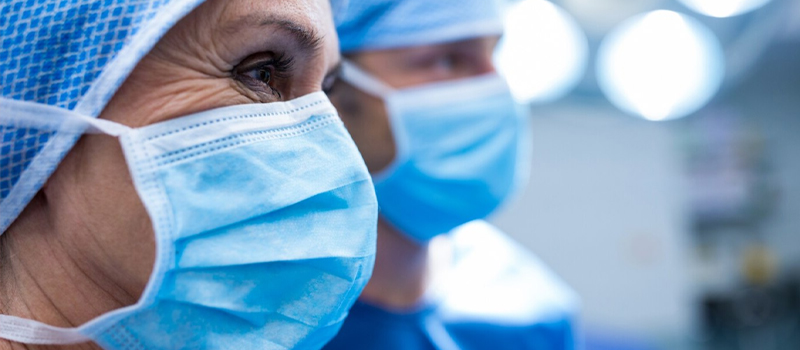
Be vigilant for any symptoms of infection, such as increased pain, fever or unusual discharge from the wound. If any of these symptoms occur, it’s imperative to contact your vascular surgeon immediately.
Conclusion
Preventing infections in vascular wounds requires a multifaceted approach that includes strict hygiene, appropriate use of antibiotics, advanced wound care techniques and vigilant monitoring.
By following these evidence based strategies, our clients and healthcare providers can work together to minimize the risk of infections and promote successful healing outcomes.
Washington Vascular Specialists is the leading expert in vascular would care and management. With experience spanning more than 20 years, our experts are ready and willing to help you overcome vascular wounds and get back to a clean bill of health.


